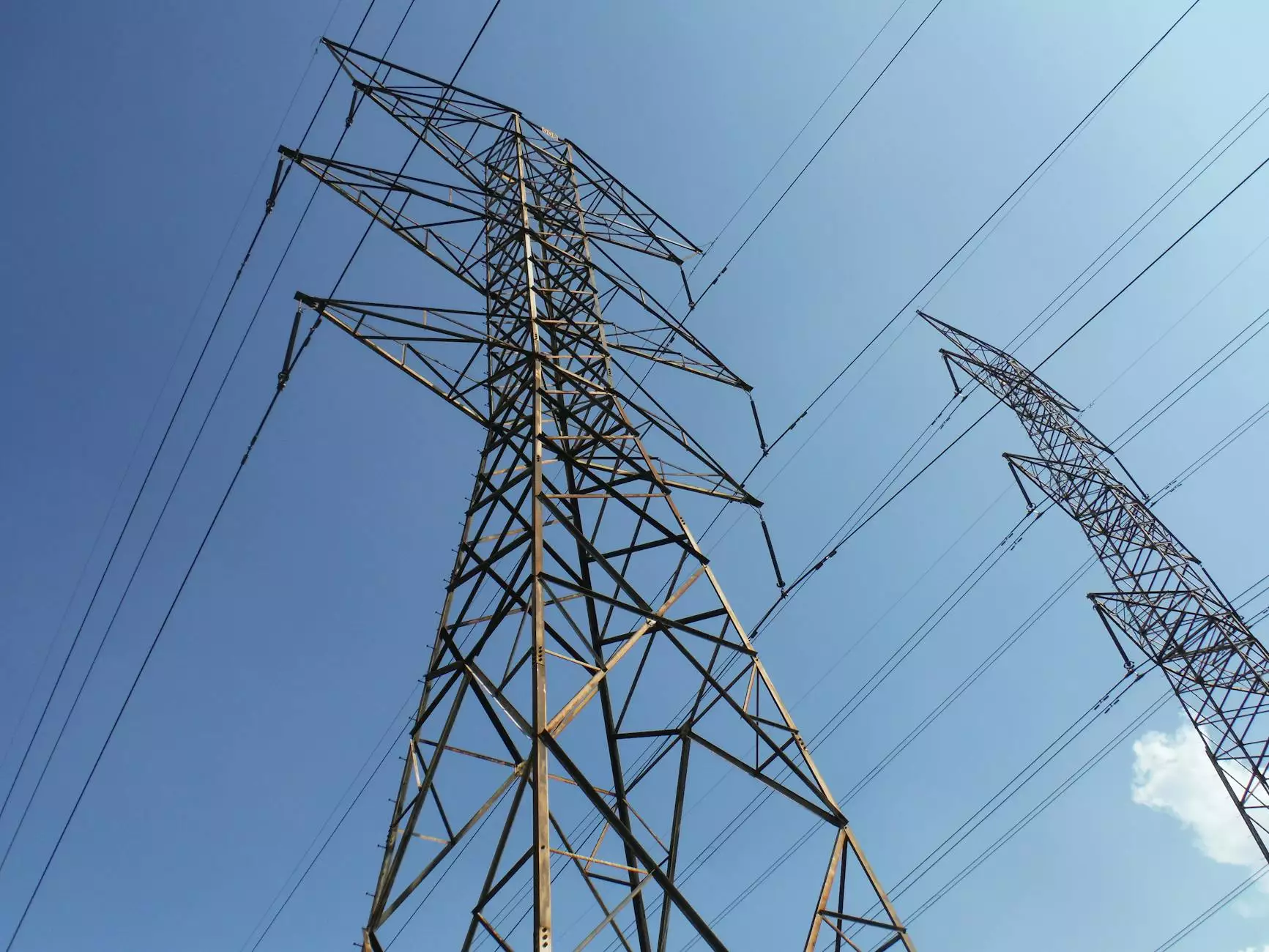Understanding Pellet Production: A Sustainable Business Opportunity

In recent years, the demand for sustainable energy sources has surged significantly, paving the way for industries that focus on renewable resources. One such burgeoning field is pellet production, which offers numerous advantages for businesses and the environment alike. This article delves into the intricacies of pellet production, its benefits, and how it fits perfectly within the categories of timber merchants and wood suppliers.
What is Pellet Production?
Pellet production refers to the manufacturing process of creating pellets from biomass—primarily wood waste and other organic materials. These pellets serve as a compact, high-energy source for various applications, including residential heating, industrial energy production, and even as feedstock for biofuels.
The Process of Pellet Production
The pellet production process can be broken down into several key stages:
- Feedstock Preparation: This initial stage involves sourcing raw materials, usually wood chips, sawdust, or agricultural residues. These materials must be dried and ground to ensure optimal pellet formation.
- Drying: To achieve the right moisture content, feedstocks are dried. This is crucial because too much moisture can lead to inefficient burning and lower energy output.
- Pelletizing: Once dried, the biomass is fed into a pellet mill where it is compressed under high pressure to form pellets. This stage may include the addition of binders to improve pellet durability.
- Cooling and Packaging: After pelletizing, the pellets are cooled to harden them. They are then packaged for shipment or storage, ready to meet the growing demand.
Benefits of Pellet Production for Businesses
Engaging in pellet production offers numerous advantages, particularly for businesses within the timber and wood supply sectors. Here are some key benefits:
1. Sustainable Energy Source
Pellets are produced from renewable resources, making them a central component of the sustainable energy movement. By investing in this sector, businesses contribute to reducing carbon footprints and promoting green energy solutions.
2. Diversification of Products
For timber merchants and wood suppliers, expanding into pellet production allows for diversification. This not only increases revenue streams but also helps to maximize the utility of raw materials that may otherwise go to waste.
3. Increased Profit Margins
With growing demand for biomass fuels, companies that engage in pellet production can achieve higher profit margins. The price of wood pellets is often more stable compared to traditional fuels, providing businesses with a steady income.
4. Use of Waste Materials
Pellet production encourages the utilization of waste materials from other timber operations, thus reducing landfill use and creating a circular economy. This practice not only benefits the environment but also enhances a company's sustainability profile.
5. Job Creation and Local Economic Boost
Investing in pellet production can foster local employment opportunities, from manufacturing positions to logistical roles in distribution. This local engagement enhances community ties and promotes economic growth.
Market Trends and Demand for Pellets
The market for pellet production has witnessed rapid growth due to several factors:
1. Renewable Energy Policies
Government policies favoring renewable energy sources have propelled the demand for wood pellets. Many countries are setting ambitious goals for reducing carbon emissions, directly increasing the need for sustainable alternatives to fossil fuels.
2. Rising Global Energy Needs
As the global population continues to grow, so does the demand for energy. Pellets provide a viable alternative to meet increasing energy demands without exacerbating environmental concerns.
3. Industrial Uses
Pocketing a share of the industrial market, pellets are increasingly used in factories for steam and heat production. As industries shift towards sustainable practices, the reliance on wood biomass pellets rises.
Challenges in Pellet Production
While pellet production offers extensive opportunities, it is not without its challenges:
1. Regulatory Compliance
Businesses must adhere to environmental regulations governing the production process, from emissions standards to sustainable sourcing of raw materials. Navigating these regulations can be complex and requires diligent monitoring.
2. Quality Control
Maintaining high-quality pellets is crucial for meeting customer expectations and achieving efficient energy output. This means investing in stringent quality control measures throughout the production process.
3. Market Competition
The growing interest in pellet production has led to increased competition in the market. Companies must differentiate themselves through product quality, pricing strategies, and innovative production techniques.
Strategies for Success in Pellet Production
For businesses looking to thrive in the pellet production industry, consider the following strategies:
1. Invest in Technology
Utilizing advanced production technologies and machinery can enhance efficiency and product quality. Automated systems can streamline operations, reducing labor costs and increasing output.
2. Develop Sustainable Sourcing Practices
Building strong relationships with local suppliers of biomass material ensures a consistent supply of quality feedstock. Emphasizing sustainability not only supports the environment but also resonates with consumers.
3. Focus on Marketing and Brand Awareness
Implementing effective marketing strategies to highlight the benefits of using pellets can drive customer interest. Building a reputable brand in the pellet market can open doors to new opportunities.
4. Education and Training
Investing in education and training for employees can foster a knowledgeable workforce adept at maintaining production quality and adhering to safety standards. A skilled team is vital for operational success.
Conclusion
In conclusion, pellet production is an innovative and sustainable business avenue that timber merchants and wood suppliers can explore. By embracing the growing demand for renewable energy sources, companies not only contribute to environmental well-being but also position themselves for financial growth. As the world moves towards sustainability, businesses engaged in pellet production stand to benefit significantly from this transition.
For those ready to dive into the world of pellet production, the time is ripe. With the right strategies, commitment to quality, and a focus on sustainability, companies can not only meet the energy needs of the future but also play a pivotal role in creating a greener planet.









